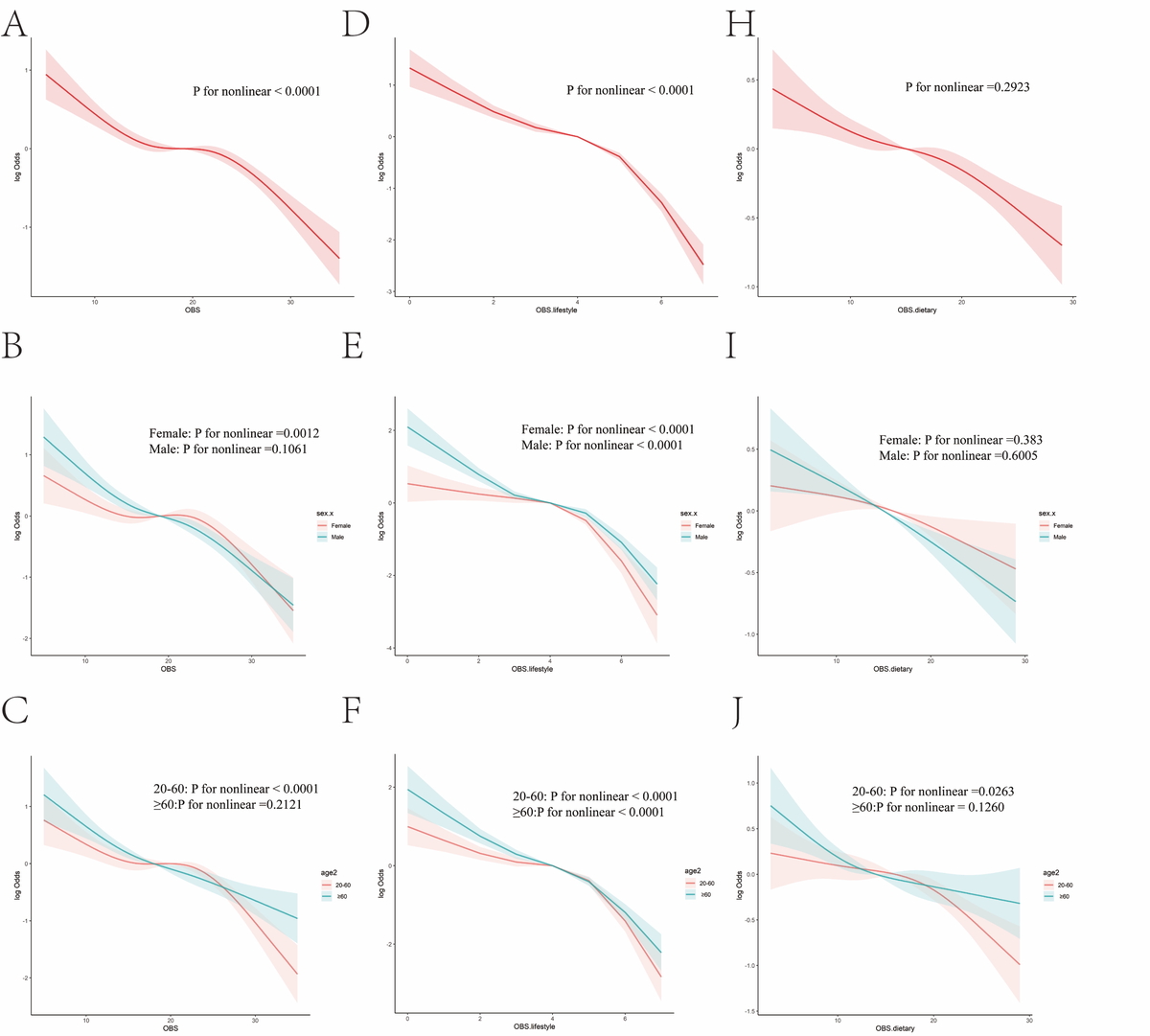Current issue
Archive
Manuscripts accepted
About the Journal
Editorial office
Editorial board
Section Editors
Abstracting and indexing
Subscription
Contact
Ethical standards and procedures
Most read articles
Instructions for authors
Article Processing Charge (APC)
Regulations of paying article processing charge (APC)
HEPATOLOGY / RESEARCH PAPER
Higher lifestyle oxidative balance scores are associated with lower metabolic dysfunction-associated fatty liver disease and fibrosis risk in US adults, while dietary scores lack impact on fibrosis.
1
Shanghai Fifth People's Hospital, Fudan University, China
These authors had equal contribution to this work
Submission date: 2024-09-16
Final revision date: 2025-02-19
Acceptance date: 2025-03-06
Online publication date: 2025-04-27
KEYWORDS
liver fibrosisMetabolic dysfunction associated steatotic liver diseaseoxidative balance scorelifestyle oxidative balance score
TOPICS
ABSTRACT
Introduction:
Metabolic dysfunction related steatotic liver disease (MASLD) is a long-term liver disease.Oxidative stress plays a key role in MASLD. The oxidative balance score (OBS) measures oxidative and reactive stress, but its relationship with MASLD and fibrosis remains unclear.
Material and methods:
The National Health and Nutrition Examination Survey records from 1999 to 2018 were used in this study. We used weighted multivariate logistic regression, subgroup studies, and limited cubic spline regression to look at the links between OBS and MASLD and fibrosis. Sensitivity studies were done to see how strong the results were.
Results:
A total of 12,272 people enrolled in the study.There was a strong negative relationship between OBS and MASLD, and all p values for interactions were less than 0.05.After adjusting for potential confounders, people with higher OBS had a lower chance of MASLD (OR=0.37, 95%CI(0.27–0.51), p for trend <0.001).Then,the stratified studies showed that lifestyle OBS was significantly linked to MASLD in both men and women, but dietary OBS was only significantly linked to MASLD in men (OR=0.95, 95%CI(0.93, 0.98), p<0.001).Finally, lifestyle OBS showed a strong association with MASLD-related fibrosis (OR = 0.37, 95%CI (0.24, 0.56), p for trend < 0.0001). In the subgroup studies, the findings stayed consistent.
Conclusions:
OBS was linked to a lower chance of MASLD, and lifestyle OBS showed strong protective effects against MASLD and fibrosis. Because of this, people who have MASLD and fibrosis should focus on researching and looking into antioxidant treatment that is based on dietary and lifestyle, with particular emphasis on lifestyle factors.
Metabolic dysfunction related steatotic liver disease (MASLD) is a long-term liver disease.Oxidative stress plays a key role in MASLD. The oxidative balance score (OBS) measures oxidative and reactive stress, but its relationship with MASLD and fibrosis remains unclear.
Material and methods:
The National Health and Nutrition Examination Survey records from 1999 to 2018 were used in this study. We used weighted multivariate logistic regression, subgroup studies, and limited cubic spline regression to look at the links between OBS and MASLD and fibrosis. Sensitivity studies were done to see how strong the results were.
Results:
A total of 12,272 people enrolled in the study.There was a strong negative relationship between OBS and MASLD, and all p values for interactions were less than 0.05.After adjusting for potential confounders, people with higher OBS had a lower chance of MASLD (OR=0.37, 95%CI(0.27–0.51), p for trend <0.001).Then,the stratified studies showed that lifestyle OBS was significantly linked to MASLD in both men and women, but dietary OBS was only significantly linked to MASLD in men (OR=0.95, 95%CI(0.93, 0.98), p<0.001).Finally, lifestyle OBS showed a strong association with MASLD-related fibrosis (OR = 0.37, 95%CI (0.24, 0.56), p for trend < 0.0001). In the subgroup studies, the findings stayed consistent.
Conclusions:
OBS was linked to a lower chance of MASLD, and lifestyle OBS showed strong protective effects against MASLD and fibrosis. Because of this, people who have MASLD and fibrosis should focus on researching and looking into antioxidant treatment that is based on dietary and lifestyle, with particular emphasis on lifestyle factors.
Share
RELATED ARTICLE
We process personal data collected when visiting the website. The function of obtaining information about users and their behavior is carried out by voluntarily entered information in forms and saving cookies in end devices. Data, including cookies, are used to provide services, improve the user experience and to analyze the traffic in accordance with the Privacy policy. Data are also collected and processed by Google Analytics tool (more).
You can change cookies settings in your browser. Restricted use of cookies in the browser configuration may affect some functionalities of the website.
You can change cookies settings in your browser. Restricted use of cookies in the browser configuration may affect some functionalities of the website.



